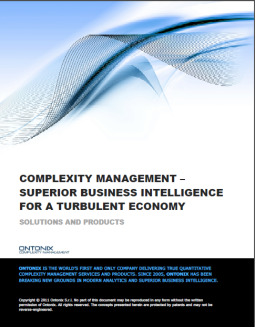Do Zombies sleep?:: bankers are ‘kept awake’ by fears of new crisis | Herald Scotland
Tuesday, 31 January, 2012 Leave a comment
This shouldn’t come as a great surprise…no, not the fact that bankers have a conscience (the article doesn’t go that far and I doubt the research would have obtained a believable response)!!!
We are ALL worried about the impact of a “global recession” but banking has been in a cultural crisis for years. Financial and political “mismanagement” led to a financial crisis that, without decisive action, has created a Social crisis.
Now, finding a solution IS something that is worth losing sleep over! But, on the evidence of the last few years the answers will not come from the people who brought us here…at our expense.
Another global recession triggering a catastrophic banking crisis is keeping bankers awake at night, according to a survey of the world’s banking industry from the Centre for the Study of Financial Innovation (CSFI).
The main cause of anxiety is the eurozone crisis, with the shock of a euro collapse liable to hit banks not just in Europe but in all major regions of the world, says CSFI’s annual Banking Banana Skins survey, produced in association with PwC.
via Bankers are ‘kept awake’ by fears of new crisis | Herald Scotland.













